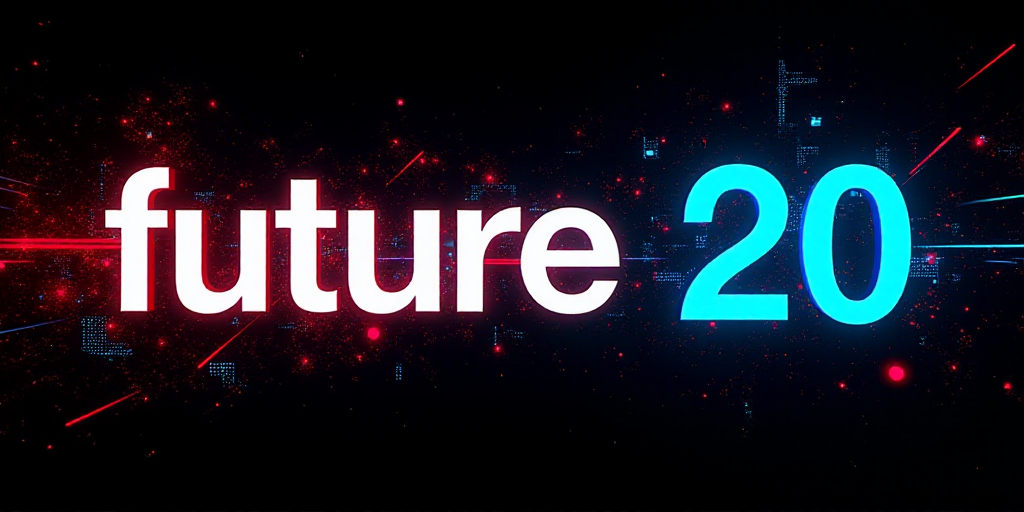Introduction
As we venture into the future, specifically in 2050, it’s crucial to understand how artificial intelligence (AI) is reshaping the world of work. This article delves into which jobs may disappear, which ones will adapt, and what key skills will be essential in the coming decades.
Who is Being Referenced?
The article refers to the broader impact of AI on various industries and job roles. It doesn’t specifically mention a single individual but discusses the collective implications of AI advancements on employment.
Transformative Impact of AI on Jobs
Job Disappearance:
- Routine and repetitive tasks are most susceptible to automation, potentially leading to job losses in sectors like manufacturing, data entry, and telemarketing.
- Jobs requiring predictable physical work, such as driving or warehouse labor, may also see significant changes due to autonomous systems and robotics.
Job Adaptation:
- Jobs that involve complex decision-making, creativity, and emotional intelligence are less likely to be replaced by AI. Professions like healthcare providers, educators, and artists will continue to play vital roles.
- Many jobs will evolve, integrating AI tools to enhance productivity and efficiency. For instance, lawyers may rely on AI for legal research while maintaining their advisory and negotiation roles.
Essential Skills for the Future
As AI takes over mundane tasks, certain skills will become increasingly valuable:
- Technical Skills: Understanding and working with AI technologies will be crucial. Proficiency in programming, data analysis, and machine learning will be highly sought after.
- Soft Skills: Emotional intelligence, critical thinking, creativity, and adaptability will distinguish humans from machines in the workplace.
- Lifelong Learning: The ability to continuously learn and adapt to new technologies will be essential, as the job market will constantly evolve.
Key Questions and Answers
- Question: Which jobs are most at risk due to AI?
- Question: Will AI replace all jobs?
- Question: How will jobs adapt to AI?
- Question: What skills will be essential in the future workplace?
Answer: Jobs involving routine, repetitive tasks are most vulnerable to automation. Sectors like manufacturing, data entry, telemarketing, driving, and warehouse labor could see significant job losses.
Answer: No, jobs requiring complex decision-making, creativity, and emotional intelligence are less likely to be replaced. Professions like healthcare providers, educators, and artists will remain crucial.
Answer: Many jobs will integrate AI tools to enhance productivity and efficiency. For example, lawyers may use AI for legal research while maintaining their advisory and negotiation roles.
Answer: Technical skills related to AI technologies, such as programming and data analysis, will be highly valuable. Soft skills like emotional intelligence, critical thinking, creativity, and adaptability will also be crucial. Lifelong learning will be essential to keep up with the evolving job market.






